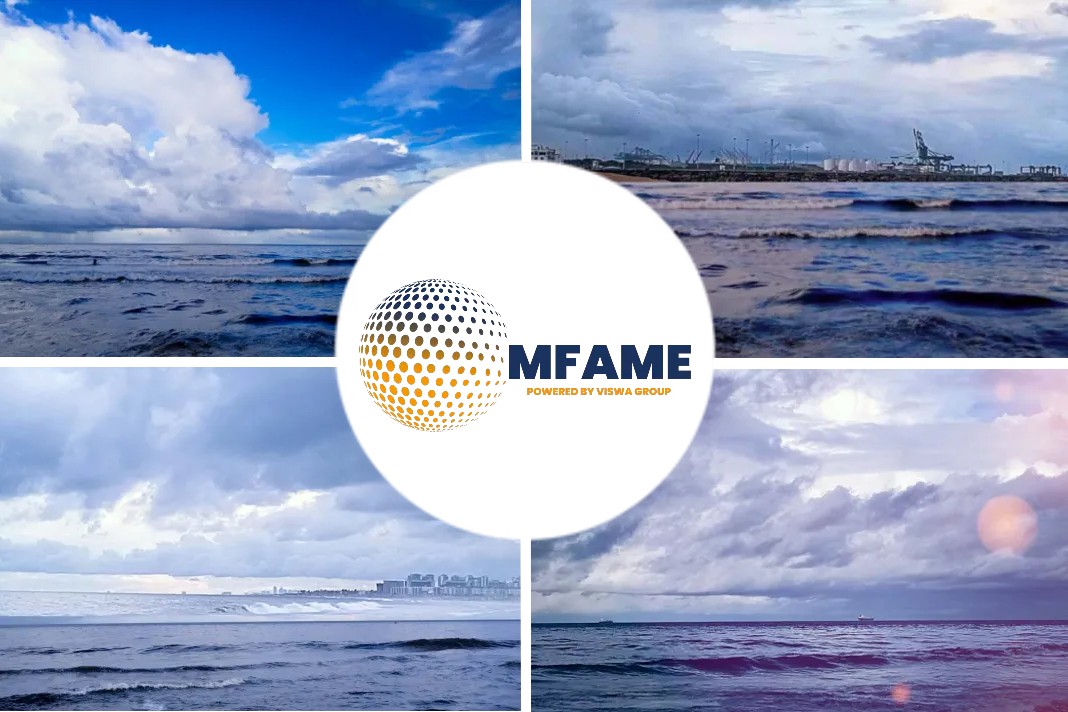
Euronav, the world’s largest independent tanker company, teamed up with Toqua to decrease emissions. By incorporating Toqua’s advanced ship performance models, known as Ship Kernels, into a voyage optimization solution, the savings potential increased more than twofold, reports an article published on their website.
Startup meets Industry Leader
Toqua and Euronav have been collaborating since 2020. The shared interest was to explore how sensor data could be leveraged to improve ship performance models (also known as speed-fuel models). During two pilot projects over 2 years, both parties worked closely together, sharing insights and exploring the limits of what’s possible with sensor data.
After the two successful trial projects, Euronav decided to roll out Toqua’s Ship Kernels to the whole fleet. A recurring contract was signed in the summer of 2022 indicating the start of a fleetwide roll-out that will be completed in 2023.
The Drive for Decarbonization
As an industry-leading company seeking to decarbonize, Euronav is looking for operational optimizations that reduce fuel consumption and emissions. These optimizations are a win-win, as they reduce emissions while also saving money, making them the first steps on everyone’s decarbonization roadmap. Examples include optimal timing of hull cleanings, route planning, and speed optimization.
All of the operational optimizations above depend on ship performance models. Especially for weather routing, where the route & speed between two destinations is optimized, ship performance models play a crucial role. The better a performance model can estimate the impact of wave height, wave angle, wind speed, wind angle, currents, etc. on the speed-fuel relationship for a specific ship, the better the routing algorithm on top of it can optimize to minimize fuel consumption over a voyage. Increasing the fuel savings of an existing routing solution by providing it with an improved ship performance model was the core idea behind the study performed by Euronav.
Savings Validation
Validating the savings due to voyage optimization is not an easy feat. Validating how much of those savings can be attributed to an improved ship performance model at the heart of that optimization, is even harder.
To estimate the value of using more accurate performance models, Euronav compared the optimization results using simple ship performance models with the optimization results using Toqua’s Ship Kernels. This methodology was applied to a VLCC over 16 voyages, spanning 4 trades, in both directions, for different seasons. This reflects a wide variety of realistic trading conditions for Euronav, ensuring the resulting savings potential is representative. A similar savings validation methodology as proposed by Toqua can be accessed publicly here.
The Results are In
Over these 16 voyages, it was found Toqua’s Ship Kernels could more than double the savings potential, in comparison to using traditional ship performance models. That is, if the routing algorithm using a traditional ship performance model saved X%, then using a Ship Kernel within this same routing solution increased the savings to more than 2X% on average. As Euronav’s Senior Fleet Performance Analyst, Seb van den Berg, puts it: “Our study concluded Toqua’s Ship Kernels were able to double the fuel savings potential of weather routing, underlining the importance of having good ship performance models.”
No exact numbers are shared (yet), since a larger study is being carried out over the next months between Toqua, Euronav, and Theyr. Over the past decades, other technologies have largely exaggerated their promised savings and have made very little effort to support their claims. To break free from this skepticism, all involved parties felt it was crucial to conduct an even larger study before sharing specifics.
Voyage optimization is the go-to answer for lots of companies looking to reduce emissions in the here and now. A doubling of those savings would already be a massive step forwards in terms of decarbonization for many shipping companies.
Final Thoughts
The results above are specifically for Euronav, so some caution is required before generalizing. To put it in the words of Euronav: “In this study, we implemented a controlled and conservative approach to only assess and present the fuel-saving potential. Actual savings may vary depending on the route, weather conditions, vessel performance, C/P limits, any other optimization settings, and human behavior.” Nonetheless, we prefer presenting some nuanced indications of the potential savings over claiming numbers without backing them up. And those first indications are very promising.
Did you subscribe to our daily Newsletter?
It’s Free! Click here to Subscribe
Source: Euronav
















